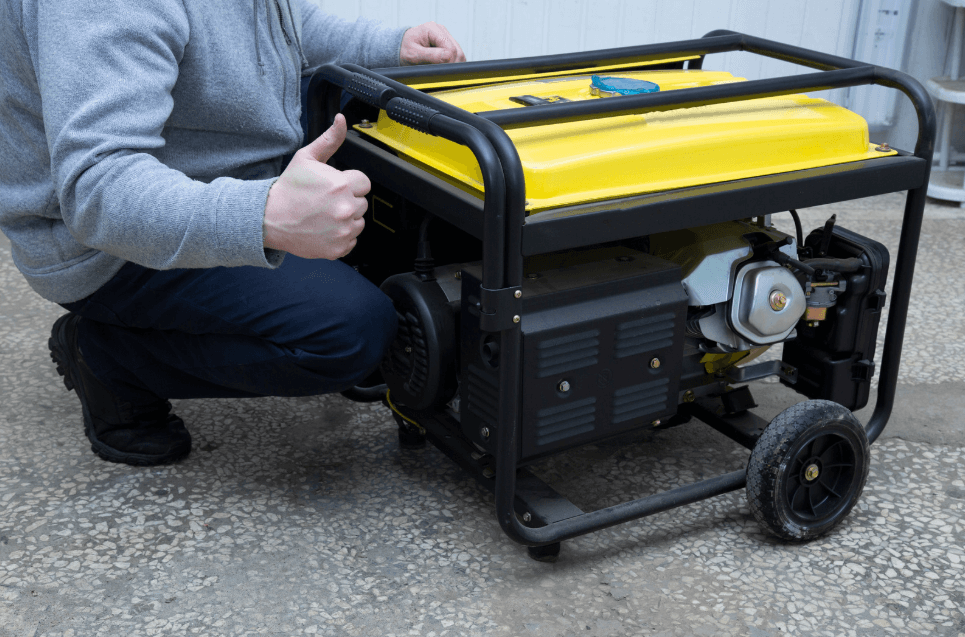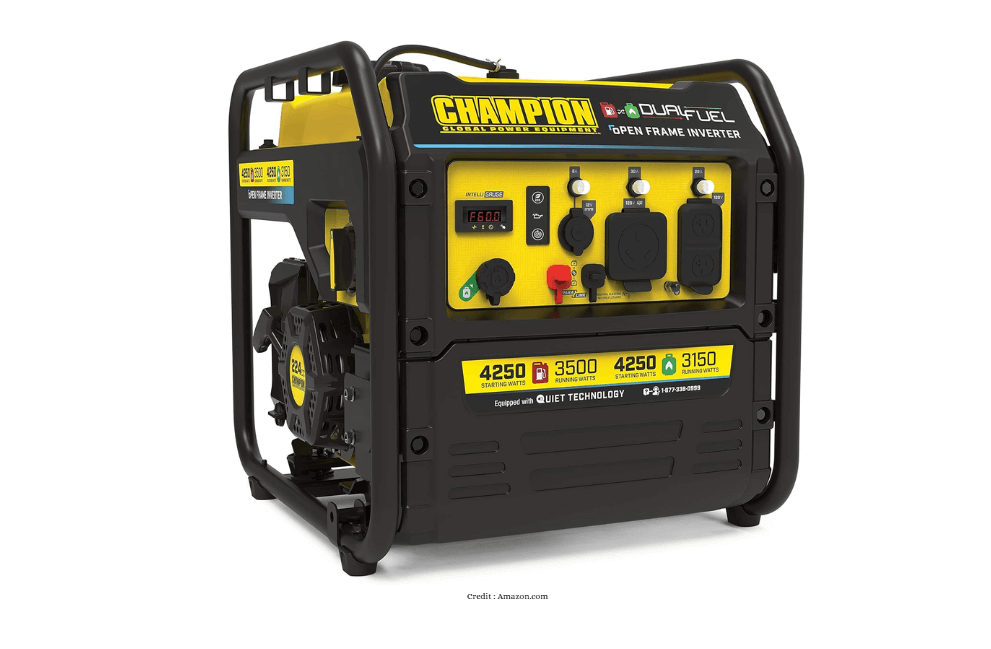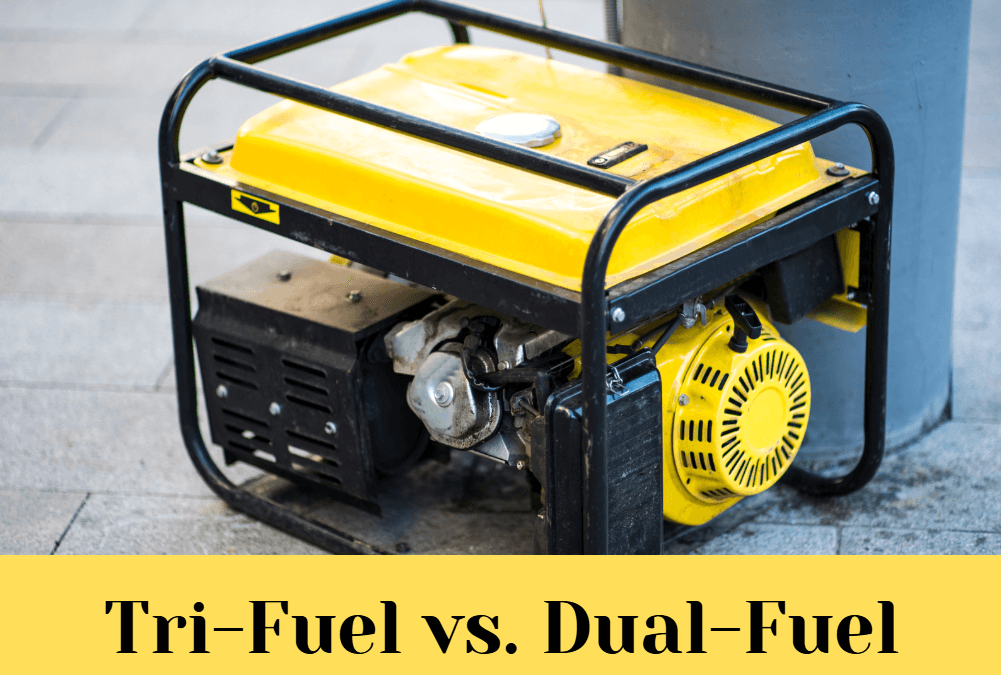
When it comes to choosing a generator, it can be difficult to make a decision. With so many options on the market, it’s easy to get lost in the technical details. But if you’re wondering whether a tri-fuel or dual-fuel generator is right for your needs, I’m here to help.
After exploring both options, I can help you understand the differences, benefits, and which one is best for your specific needs.
What are tri-fuel and dual-fuel generators?
Tri-fuel Generator: A tri-fuel generator is designed to run on three different types of fuel—typically gasoline, propane, and natural gas.
The ability to switch between these fuels gives you flexibility, especially in emergency situations when one type of fuel is in short supply.
Dual-fuel Generator: A dual-fuel generator, on the other hand, can run on two types of fuel. Typically, this means gasoline and propane.
It’s a little less versatile than a tri-fuel generator, but it’s still a solid option for those who want the flexibility without the complexity of three types of fuel.
Differences Between Tri-Fuel and Dual-Fuel Generators
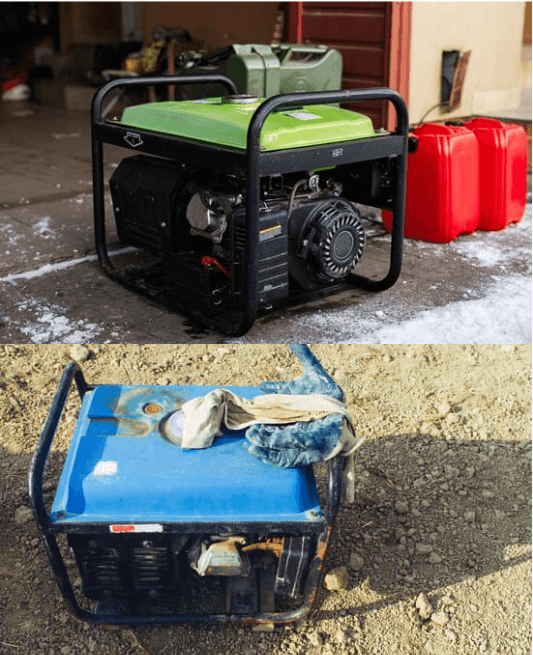
1. Fuel Versatility
Tri-Fuel Generator: As the name suggests, this generator offers three fuel options—gasoline, propane, and natural gas.
This means you’re less likely to run out of power, especially during emergencies when one type of fuel may be harder to find. You can easily switch between fuel types based on availability and cost.
Dual-Fuel Generator: This type offers just two fuel options—gasoline and propane.
While this still provides some flexibility, it’s not as versatile as a tri-fuel generator.
However, it can still be a great choice if you prefer a simple, no-frills approach to fueling your generator.
2. Convenience and Availability
Tri-Fuel Generator: The convenience of having three fuel options is a big plus, especially if you have access to multiple fuel sources.
If you run out of gasoline, for example, you can easily switch to propane or natural gas. The downside? Tri-fuel generators tend to be more expensive and can be slightly more complicated to maintain.
Dual-Fuel Generator: Dual-fuel generators, on the other hand, are simpler. They’re often easier to use and maintain, and they’re usually more affordable.
If you’re not concerned about having natural gas as an option, a dual-fuel generator might be all you need.
3. Cost Considerations
Tri-Fuel Generator: Because these generators offer more fuel options and added versatility, they tend to cost more than dual-fuel generators.
You’re paying for that extra flexibility and the added complexity in design.
However, if you plan to use the generator for long-term emergencies or need the ultimate flexibility, the extra investment can be worthwhile.
Dual-Fuel Generator: A dual-fuel generator is generally more affordable than a tri-fuel generator.
If you’re on a budget but still want the flexibility to choose between gasoline and propane, a dual-fuel generator can offer great value.
Keep in mind that the initial savings may be offset if you need the extra fuel option later on.
Pros and Cons of Tri-Fuel and Dual-Fuel Generators
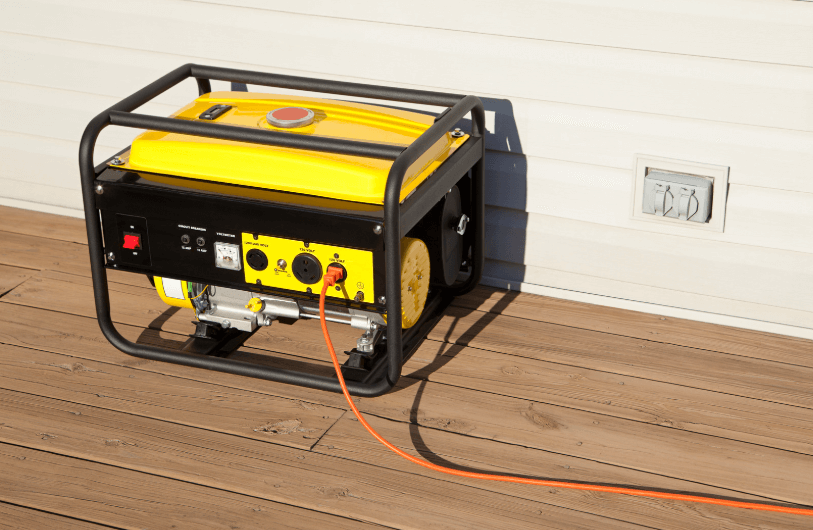
Pros of Tri-Fuel Generators
Greater Flexibility: You can choose from three types of fuel, which makes it easier to adapt to changing fuel availability.
Suitable for Emergencies: In the event of a fuel shortage, a tri-fuel generator ensures you won’t be left without power.
Efficiency: Being able to pick the most cost-effective fuel for your situation means you can save money in the long run.
Cons of Tri-Fuel Generators
Higher Price: The added features come with a higher price tag. Tri-fuel generators are typically more expensive than their dual-fuel counterparts.
Complexity: More fuel options mean more parts to maintain, which can make these generators harder to manage and repair.
Heavier and Bulkier: Tri-fuel generators tend to be larger and heavier, which can make them less portable.
Pros of Dual-Fuel Generators
Affordable: Dual-fuel generators are generally cheaper than tri-fuel models, offering a good balance of flexibility and value.
Simple to Use: With just two fuel types, dual-fuel generators are easy to operate and maintain.
Energy Efficient: Gasoline and propane are widely available and cost-effective, making dual-fuel generators a reliable choice for everyday use.
Cons of Dual-Fuel Generators
Less Fuel Flexibility: You can’t switch to natural gas, which could be a limitation in some situations.
Limited to Two Fuels: If you’re in an area where gasoline or propane becomes scarce, you may find yourself without power when you need it most.
Which generator is best for you?
Emergency preparedness: If you live in an area prone to power outages or fuel shortages, a tri-fuel generator may be a better option. It gives you peace of mind knowing you can rely on a variety of fuels.
Budget: If you’re looking for something more affordable and don’t mind using only two types of fuel, a dual-fuel generator may be a good fit for you.
Long-term use: If you plan to use the generator regularly and need the flexibility to adjust based on fuel prices, a tri-fuel generator can help you save money in the long run.
Conclusion
Both tri-fuel and dual-fuel generators have their advantages, and the right choice depends on your personal situation.
If you’re someone who values flexibility and wants the peace of mind of having multiple fuel options, a tri-fuel generator is likely the better choice.
On the other hand, if you’re looking for a more affordable and straightforward option, a dual-fuel generator can serve you well.


